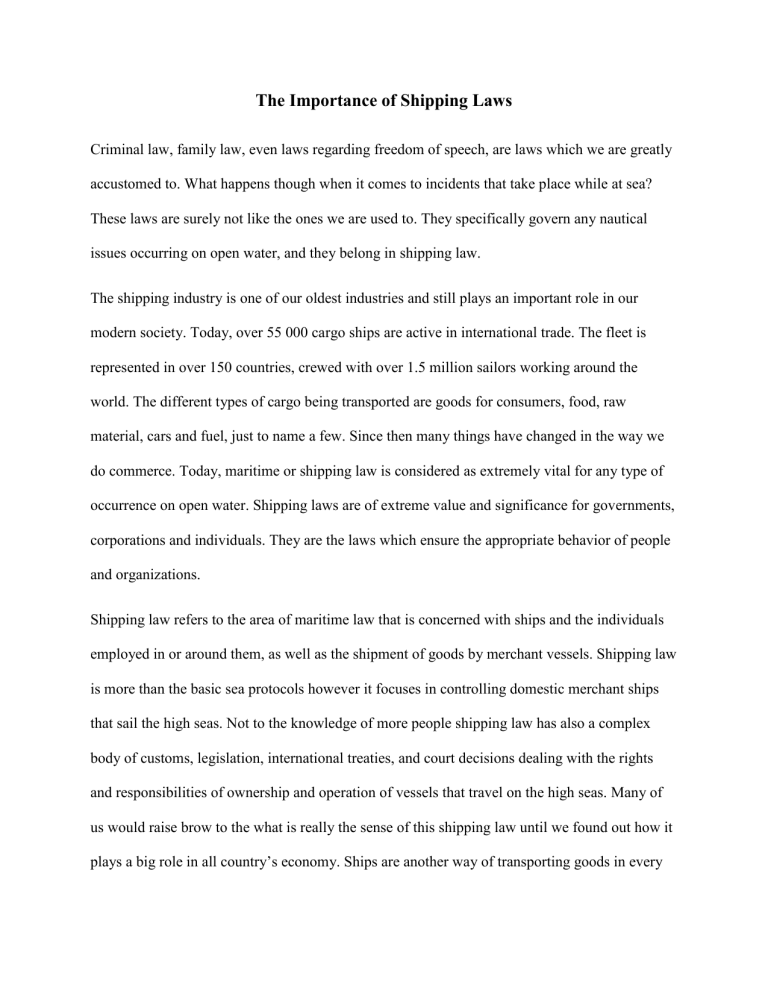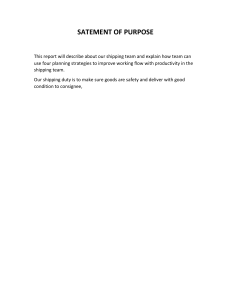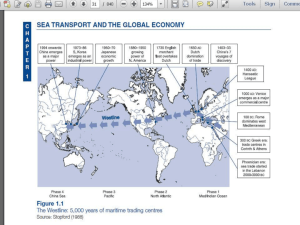
The Importance of Shipping Laws Criminal law, family law, even laws regarding freedom of speech, are laws which we are greatly accustomed to. What happens though when it comes to incidents that take place while at sea? These laws are surely not like the ones we are used to. They specifically govern any nautical issues occurring on open water, and they belong in shipping law. The shipping industry is one of our oldest industries and still plays an important role in our modern society. Today, over 55 000 cargo ships are active in international trade. The fleet is represented in over 150 countries, crewed with over 1.5 million sailors working around the world. The different types of cargo being transported are goods for consumers, food, raw material, cars and fuel, just to name a few. Since then many things have changed in the way we do commerce. Today, maritime or shipping law is considered as extremely vital for any type of occurrence on open water. Shipping laws are of extreme value and significance for governments, corporations and individuals. They are the laws which ensure the appropriate behavior of people and organizations. Shipping law refers to the area of maritime law that is concerned with ships and the individuals employed in or around them, as well as the shipment of goods by merchant vessels. Shipping law is more than the basic sea protocols however it focuses in controlling domestic merchant ships that sail the high seas. Not to the knowledge of more people shipping law has also a complex body of customs, legislation, international treaties, and court decisions dealing with the rights and responsibilities of ownership and operation of vessels that travel on the high seas. Many of us would raise brow to the what is really the sense of this shipping law until we found out how it plays a big role in all country’s economy. Ships are another way of transporting goods in every place that cannot be reached by land, which perhaps multiple times cheaper type of merchant vessels better than air vessel. Since it consists of major commodities of people then it is just evident and right to create or establish rules or shipping laws. As we all might already know ships can be owned by either one person or co-owners because of the enormous cost of merchant vessels, the majority are held by more than one owner. This shows that a gigantic vessel that travels through sea water loaded by the products created by the citizens of the country is very amusing. Thus, shipping law is being implemented to give value to the labor and avoiding shrinking of economy. There are many laws that was carry out through the vessel merchant and its process. Starting from the agents within the vessel, owners of merchant vessels are bound by the acts of their agents and must pay for all services, supplies, and repairs that they order. Another is the vessel itself when a ship strands or collides with another vessel, cargo loss or damage may occur. If the damage was caused by a sea peril or an error in navigation, the carrier will not be liable if the goods were being carried under a statutory or contractual provision. There is also state law that says state law requires that a local pilot guide the ship in and out of the harbor, in case something happened out of control the pilot's negligence is not imputed to the ship owner. Moreover, insurance plays an important role in the shipping industry and in shipping law; If a shipowner or cargo owner wishes to be protected against losses incurred from war, the owner must purchase separate war-risk insurance or pay an additional premium to include war risk in the basic policy. Finally, we also have what we call salvage which refers to the compensation allowed to persons who voluntarily assist in saving a vessel or its cargo from actual peril from the sea. This is limited to vessels and their cargoes, or to property lost in the sea or other navigable waters, that have been subsequently found and rescued. Based on the list of the shipping laws it portrays that land and sea vessels are given importance by providing equal and justifiable laws for the vessel, cargoes and the people who are working within its success. Therefore, implementing these laws are required to govern occurrences at seas safety to function properly.




